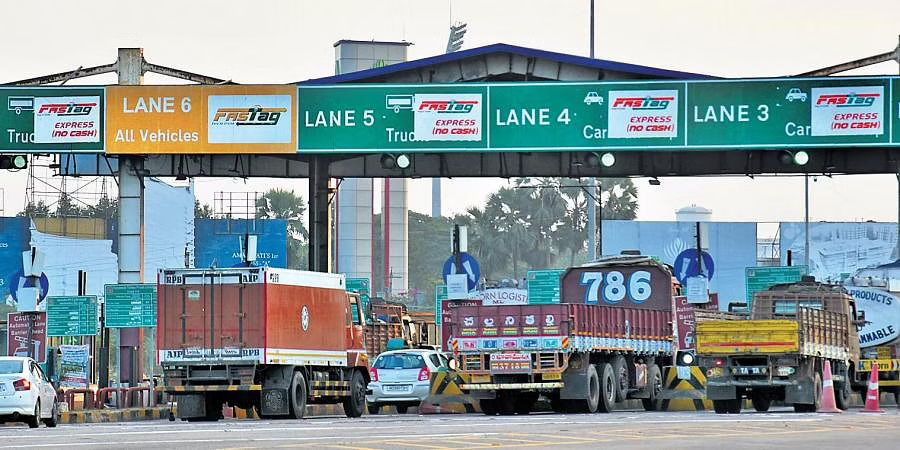Let peace talks resume, says Ban Ki-Moon
The ongoing Yemen conflict has once again come into limelight after United Nations secretary general Ban Ki-Moon called for an immediate secession of hostilities and return to direct talks—which recently ended in Kuwait—on August 18.
The Saudi-led coalition attacked a school, a hospital and family home within four days, killing more than 35 civilians, a report by Foreign Policy magazine, dated August 17, said.
The statement issued by Ban Ki-Moon’s spokesperson says “civilians, including children, are paying the heaviest price for the ongoing conflict, as civilian infrastructure, such as schools and hospitals continue to be hit”.
The Yemen peace talks ended in Kuwait on August 6 when UN Special Envoy Ismail Ould Cheikh Ahmed announced a one-month break during which “the focus will be on working with each side separately to crystallize the precise technical details”.
The UN secretary general’s statement condemned the recent attacks on civilians by both warring parties, saying “the secretary-general condemns the reported attack from the direction of Yemen that hit a workshop, killing at least seven civilians in Najran, Saudi Arabia yesterday, as well as the reported airstrike that hit a home in Nehm, east of Sana’a, in Yemen, which killed at least nine civilians”.
The Saudi-led alliance started shelling Yemeni territories in March 2015 while the secession of hostilities was declared on April 10. Serious violations were reported even during the peace talks between the Saudi-supported Yemeni government, representatives of the General People’s Congress led by former president Ali Abdullah Saleh and the Houthis.
On August 17, some UN officials reportedly said that, due to the involvement of the Saudi-led coalition in abusing and killing children, the world organization will threaten Saudi Arabia to put its name back in the blacklist.
Earlier in June, Saudi Arabia had reacted angrily to a decision to blacklist the coalition after a UN report found the alliance responsible for 60 percent of the 785 deaths of children in Yemen in 2015. Ban Ki-Moon later took the coalition off the list following threats to cut off funding to UN aid programs.
Yemen has seen daily military attacks since 2015, with internal sources putting the toll from the bloody aggression at 10,000. The offensive was launched to crush the Houthis and allies and to restore power to Hadi, a staunch ally of Riyadh. However, some estimates claim that, since the Saudi-led bombing started in March 2015, some 6,500 people were killed, over half of them civilians.
The coalition of Arab states intervened in the country after the Houthis seized the capital Sanaa and ejected the former government of president Abdrabbuh Mansour Mansour Hadi. The Houthi Ansarullah fighters took state matters into their own hands following the resignation and escape of Hadi, leaving Yemen in a state of uncertainty.
In another important development, Yemen’s parliament held its session in Sana’a on August 13, the first after the outbreak of conflict. The parliamentarians unanimously voted in favor of the newly-set-up Higher Political Council to rule the country. This has legally stripped the ousted president Abd Rabbuh Mansur Hadi of his power and legitimacy.
Welcoming the reopening of the parliament, a large number of people held a huge demonstration to express their approval of the formation of the Higher Political Council. People flocked into the streets of the southwestern province of Ta’iz. The protesters were carrying placards condemning the Saudi war on Yemen and highlighting the need for unity in the fight against aggressors and mercenaries.

The Saudi-led coalition of nine Arab states began carrying out airstrikes in Yemen and imposing an aerial and naval blockade on March 26, 2015, heralding a military intervention codenamed Operation Decisive Storm. Fighter jets from Egypt, Morocco, Jordan, Sudan, United Arab Emirates, Kuwait, Qatar and Bahrain took part in the operation. Djibouti and Somalia made their airspace, territorial waters and military bases available to the coalition.
According to information available on Wikipedia, the United States provided intelligence and logistical support, including search-and-rescue for downed coalition pilots. It also accelerated sale of weapons to the coalition states. The military personnel of the US and Britain were deployed in the command and control centre responsible for Saudi-led air strikes on Yemen. Pakistan was called on by Saudi Arabia to join the coalition, but its parliament voted to remain neutral.
By Abu Turab













